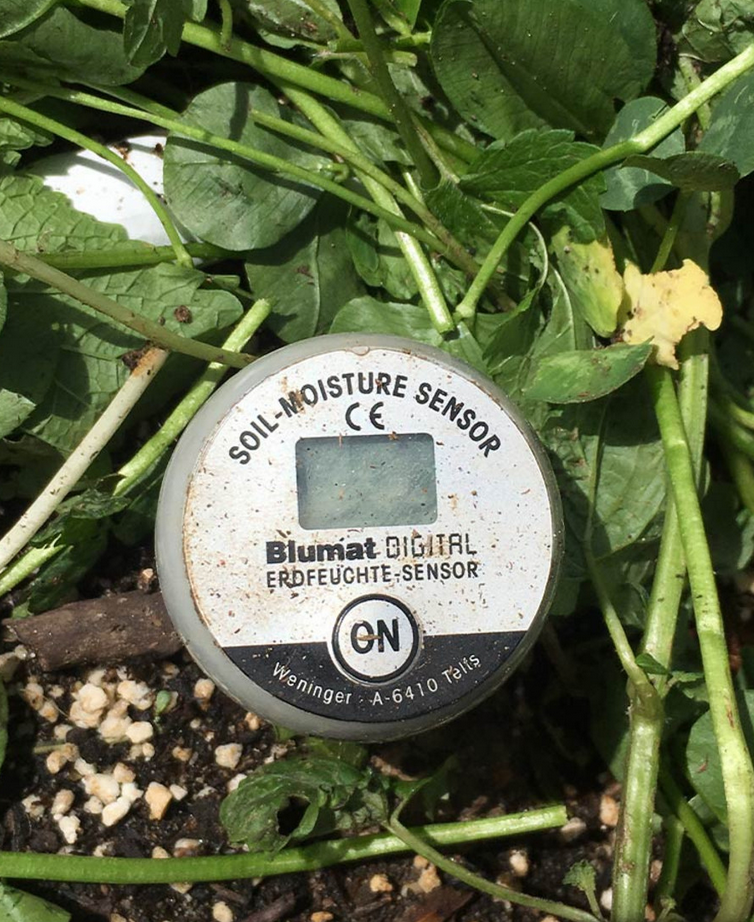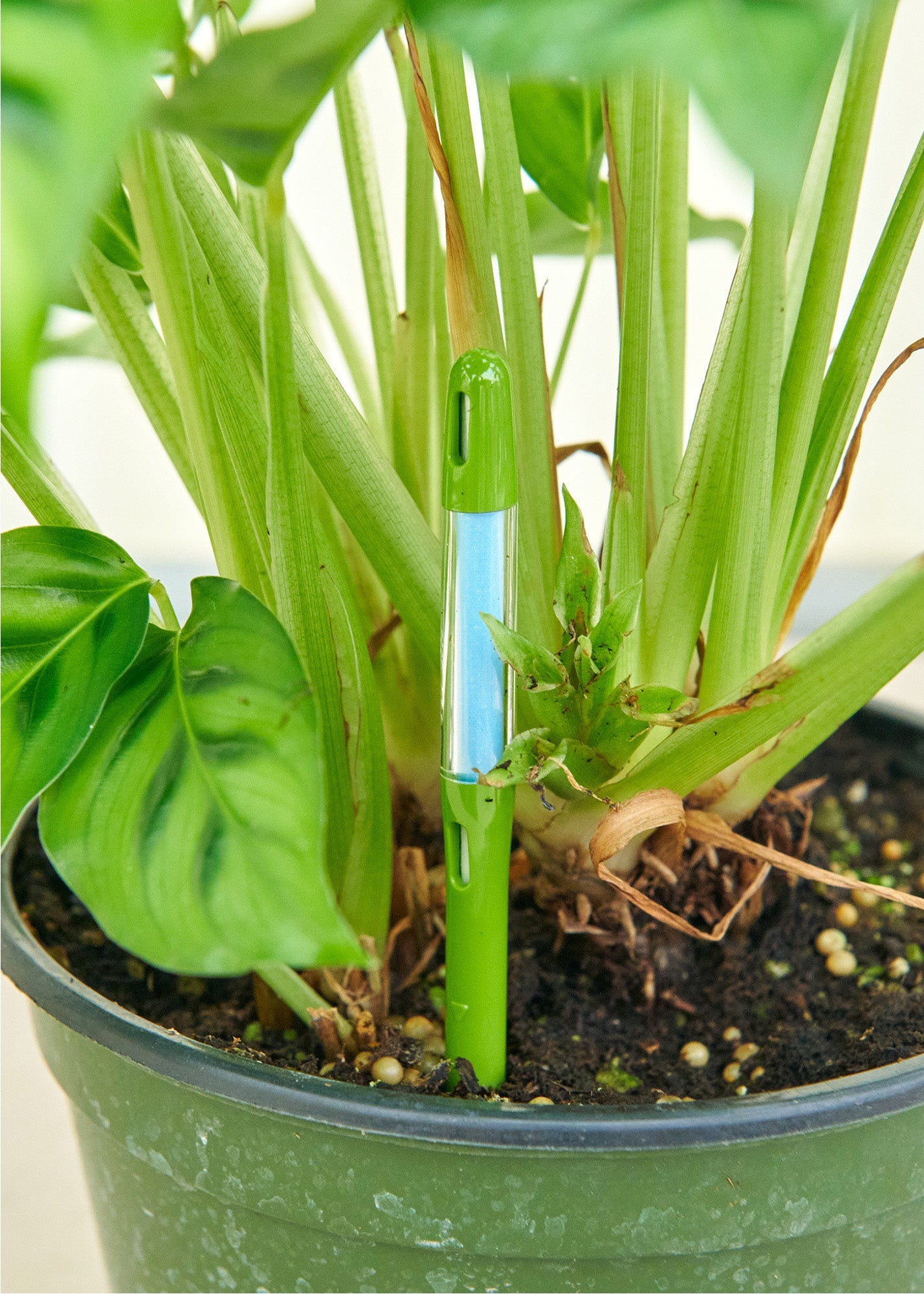The Ultimate Guide to Moisture Meters: A Comprehensive Overview and How They Can Conserve You Money
In the world of structure upkeep, building and construction, and numerous sectors, the value of accurately measuring dampness levels can not be overemphasized. Moisture meters act as crucial tools in discovering and keeping track of moisture content in materials, assisting in preventing costly problems and guaranteeing the top quality of products. Comprehending the subtleties of various sorts of dampness meters, their applications, and the prospective cost-saving benefits they provide can be a game-changer for businesses and experts alike. Finding just how these devices can not only simplify procedures yet likewise add to financial cost savings is a trip worth embarking on.
Sorts Of Moisture Meters
One usual kind is the pin-type wetness meter, which gauges the electrical resistance in between 2 pins placed into a product. Pinless wetness meters, on the other hand, use electro-magnetic sensor plates to check a larger area without causing damage to the material's surface.
Moreover, there are also specialized dampness meters developed for certain products like grain, soil, or hay. These meters offer accurate wetness readings customized to the distinct properties of the product being evaluated. Infrared moisture meters determine the thermal residential properties of a product to determine its dampness content non-invasively, making them useful for applications where pin or pinless meters might not appropriate. Recognizing the various kinds of dampness meters available can assist markets select one of the most ideal device for their certain wetness dimension demands.

Benefits of Utilizing Moisture Meters

Furthermore, utilizing moisture meters can bring about raised energy efficiency. By recognizing locations with high wetness degrees, such as leaks or bad insulation, changes can be made to enhance power conservation and minimize utility expenses. In farming settings, wetness meters play a critical role in maximizing crop yields by enabling farmers to monitor soil moisture levels and make educated irrigation choices. Overall, the advantages of utilizing wetness meters span throughout numerous sectors, supplying economical remedies and advertising far better high quality control methods.
How to Select the Right Moisture Meter
Choosing the ideal wetness meter involves taking into consideration crucial factors such as product compatibility, dimension range, and calibration accuracy. When choosing a wetness meter, it's vital to make sure that the meter is ideal for the specific product you will be screening. Different materials have differing electrical homes that can affect dampness readings, so choosing a meter developed for your material is vital for exact outcomes. In addition, think about the dimension series of the wetness meter. Ensure that the meter can spot moisture levels within the array required for your applications. Calibration accuracy is another vital variable to remember (Moisture Meter). Go with a wetness meter with reputable calibration to guarantee precise and constant analyses. Some meters may call for periodic calibration adjustments, so comprehending the calibration procedure is crucial. By meticulously evaluating these aspects, you can choose a dampness meter that fulfills your requirements and gives exact dampness measurements for your projects.
Proper Methods for Moisture Meter Usage
To ensure accurate dampness analyses and take full advantage of original site the efficiency of a dampness meter, employing correct techniques is crucial. When making use over at this website of a pin-type dampness meter, insert the pins or probes right into the material being examined until they make full get in touch with. By adhering to these correct techniques, individuals can count on their wetness meter to provide reliable wetness degrees, aiding in protecting against pricey damages or guaranteeing top quality in various applications.

Cost Cost Savings Via Moisture Meter Applications
How can the strategic application of moisture meters result in substantial cost financial savings throughout different markets? Dampness meters play a critical function in price savings by preventing prospective damage and ensuring quality assurance in various markets. In the agriculture sector, dampness meters help in identifying the ideal time for collecting crops, stopping over-drying or excess moisture that can impact the final item's high quality. This precise surveillance helps farmers avoid unnecessary losses and optimize their yield.

Additionally, in the food processing market, dampness meters are essential for monitoring product top quality and guaranteeing compliance with safety and security guidelines. By accurately measuring wetness material in food, suppliers can protect against putridity, keep freshness, and minimize waste, causing considerable price savings. In general, the critical application of moisture meters is a useful financial investment that can bring about considerable cost decreases and improved efficiency across various sectors.
Final Thought
In conclusion, wetness meters are valuable devices for detecting and gauging moisture levels in different news materials. By utilizing the best dampness meter and adhering to proper methods, customers can effectively protect against expensive problems caused by excess dampness.
Moisture meters offer as indispensable tools in discovering and keeping an eye on moisture material in products, aiding in avoiding pricey problems and making sure the top quality of items. Infrared moisture meters measure the thermal properties of a material to identify its moisture web content non-invasively, making them beneficial for applications where pin or pinless meters may not be ideal.Moisture meters provide indispensable advantages in precisely monitoring and analyzing wetness degrees in varied materials and environments. In farming settings, moisture meters play an important duty in maximizing plant returns by allowing farmers to monitor soil wetness levels and make educated irrigation choices.In verdict, wetness meters are useful devices for identifying and determining wetness levels in various products.